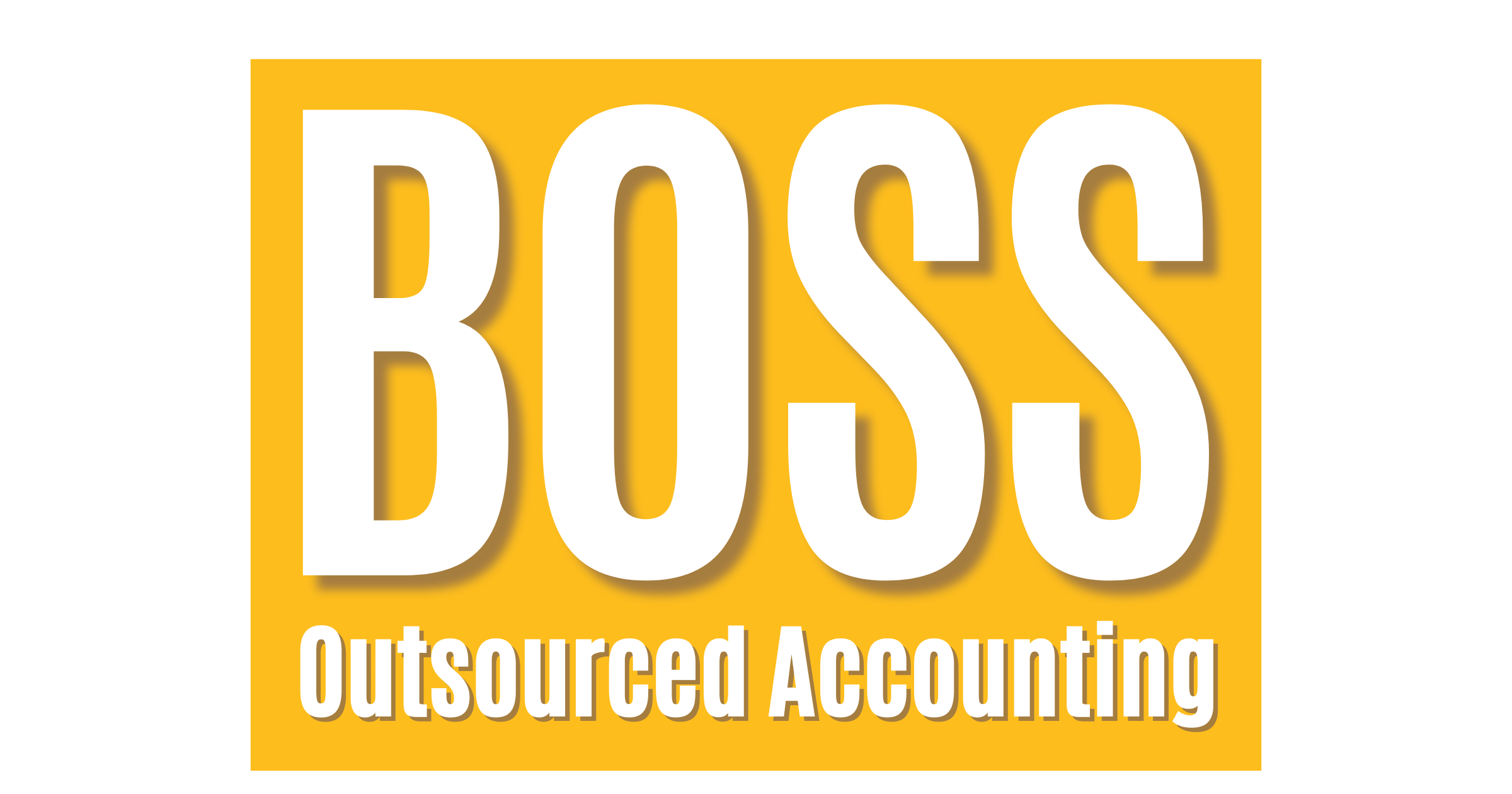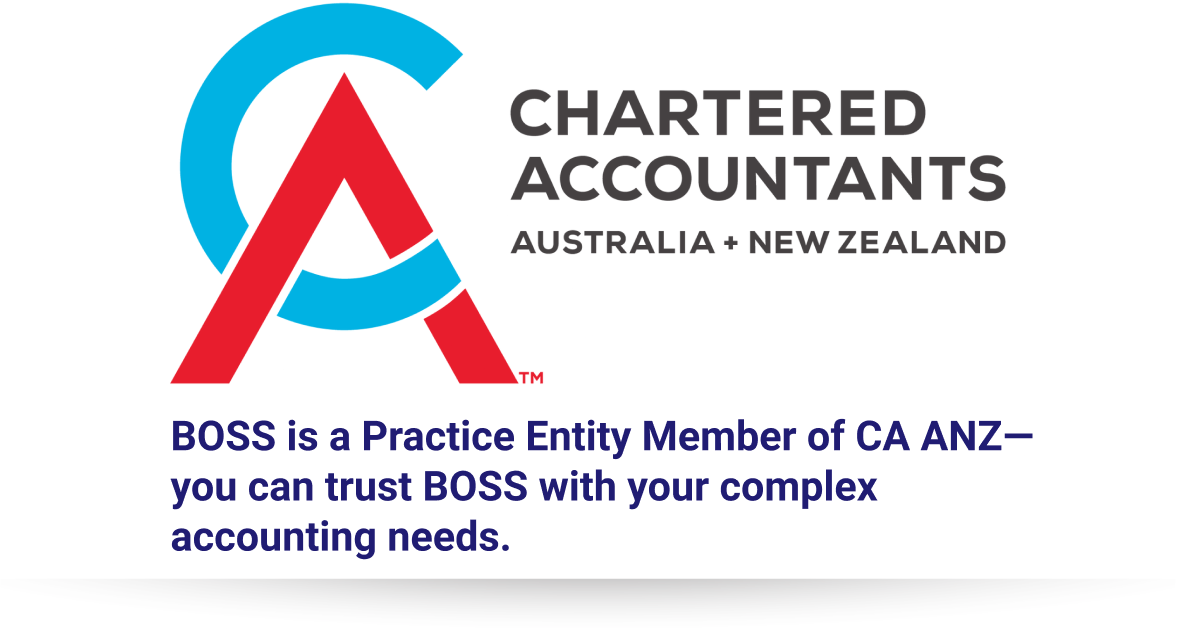With the rise of DIY accounting software, accounting firms must redefine their roles to remain aligned with their clients’ demands. We’ve previously discussed the necessity for these firms to transform from mere number-crunchers into financial advisors for their clients’ enterprises. By outsourcing accounting jobs, you can free up both resources and time to facilitate this transition.
A significant question you will face during this transition is: why should your clients have confidence in you? While it is essential for a business to have someone reliable managing its financial records, there are additional aspects to consider, such as marketing, trusted quality in their product or service, human resources, and more. Yes, clients might rely on you for their financial matters; however, what makes them believe that you possess the expertise to assist with their entire business operations?
Numbers are your expertise
When you’ve invested time with a client, they begin to see you as their go-to expert for financial matters. Your status as a certified accountant has provided a solid foundation of trust, and ideally, you’ve built upon that relationship over time.
By leveraging the hours you’ve saved from outsourcing your accounting work, you’ve crafted a proposal that expresses your desire to become an essential partner in your client’s business—one that includes facets beyond traditional accounting functions. But how can you persuade them that you’re capable of adding value to their entire operation?
Here’s the response – you inform them that you’re not making any changes. You will continue to be their go-to numbers service… you’ll simply be examining additional sets of data, that’s it.
Any enhancements you propose should be articulated in a manner reminiscent of an accountant’s perspective. The recommendations ought to centre around numerical data. Regardless of how unrelated your suggestions may seem to accounting, ensure that figures are incorporated into the discussion of their effectiveness.
As you utilise the significant amount of time gained from outsourcing your accounting jobs, you discover that Client A’s business is not pricing their transactions adequately. However, they contend that setting prices falls under marketing and public relations responsibilities, while you’re expected to focus on filing tax returns, managing outsourced bookkeeping duties, and handling other financial matters—essentially anything except for marketing and PR.
Step 1: Assist the client in establishing a target. Clients are unlikely to reject the idea of increasing their monthly revenue. You can utilise the time gained from outsourcing accounting work to formulate new monthly revenue objectives.
Step 2: Illustrate how raising prices will compensate for any projected decrease in customers. In reality, the price hike is crucial for achieving that new monthly target.
You have successfully moved the project beyond the scope of public relations and marketing, entering a domain where your client already has confidence in your strong grasp of metrics.

At times, it is necessary to be the stick rather than the carrot
You may find yourself in instances where you need to justify your role as an accountant. It’s important not to allow your clients to attribute the shortcomings of projects to you. If a client expresses doubt about achieving a goal and questions why it was set so high, respond thoughtfully by asking what they believe should be accomplished to reach their milestone.
When outsourcing accounting tasks, it’s essential to gather all relevant information before sending it off. If the data isn’t compiled promptly, it’s crucial to evaluate your workflow system and identify areas for enhancement.
In the same vein, ensure that your client remains engaged in the process. Position yourself as the most responsible party within the partnership. This enhances your credibility as a knowledgeable business consultant, enabling you to propose additional improvements more effectively.


